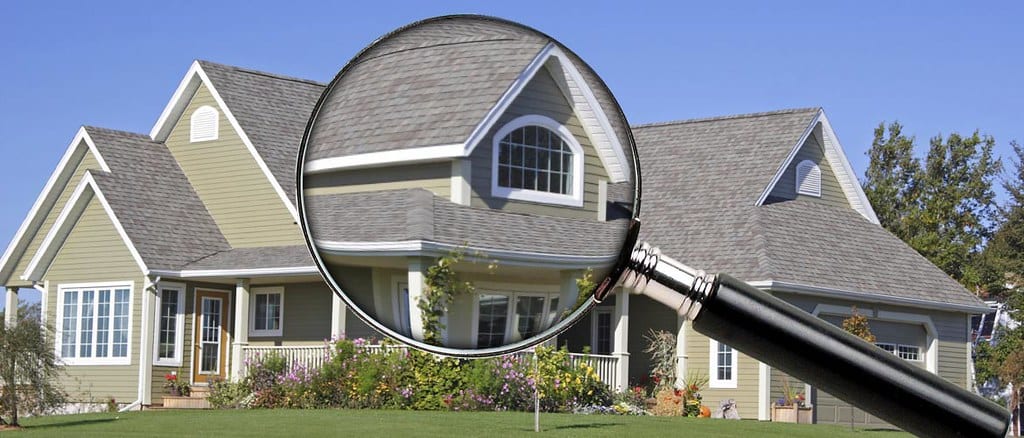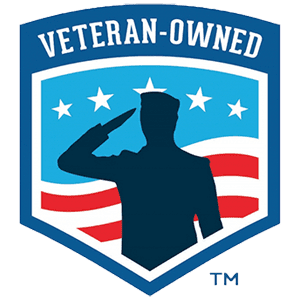What’s Included in a Home Inspection?
As a buyer, finding a terrific deal on real estate property is exciting and something that you want to act quickly on. When you spot a highly attractive home within your price range, you may quickly conclude it’s your lucky day! However, don’t get carried away and be too quick to celebrate without doing your due diligence. What’s included in a home inspection may make you rethink your purchase.
Not all attractive properties have zero defects. In fact, most don’t. We often say that “there is no perfect home,” and we stand by it. There might be a reason why the price tag is very modest, warns Income Realty Corporation. It might translate into plenty of repair jobs that can easily deplete your finances. A home inspection will discover and help you eliminate some major potential risks for your investment.
Home Inspection: Defined
A home inspection is a visual examination of a property, from its structure, systems, interiors, and exteriors. It will include checking the heating, ventilation, air conditioning, attic, and insulation. It’s also a more detailed inspection of door frames, windows, walls, ceilings, and floors.
The objective is to discover issues and help provide information about the decision-making process of the buyer. The buyer can choose to push through with the purchase, renegotiate the property price, ask the seller to fix certain issues, or walk away from the deal. The important thing in a home inspection is to become aware of the actual condition of the home before buying.
What’s Included In a Home Inspection
Home inspectors follow a checklist of the main components that are needed for every home to function properly and safely. These are some of the uniform inclusions certified inspectors check out:
- Structure of the property – specifically its foundation (checks sticking windows, sloping floors, leaning or cracked walls, etc.)
- Safety in terms of fire alarms, electrical and stairs
- Drainage systems and water leakage
- Condition of the property perimeter. Specifically grading and erosion
- The general condition of floors, ceilings, and walls
- Cooling and heating systems
- Electrical systems
- Plumbing systems
- Roofing, gutters, and vent system
- Electrical outlets
- Attics and basements/crawlspaces
- Interior plumbing (checks water temperatures, toilets, sinks, and bathtubs/showers)
- Light fixtures (if they’re in working order)
- Major built-in appliances (dishwasher, refrigerator, microwave, range, washer, and dryer)
What a Home Inspection Does Not Cover
In a standard, general home inspection, you can’t expect everything to be covered. Home inspections are not technically exhaustive, and they often don’t cover cosmetic concerns. It’s a visual inspection so if the issue is hidden, it might not be found. This is especially true if the home is occupied, as personal items are not moved.
Also, some things may require a separate license in your state. Home inspection companies may be able to inspect additional areas for a fee or connect you with another contractor who can do it for you. If a home inspection company doesn’t provide additional services, you may want to look into hiring specialists when it comes to assessing the following areas:
- Termite/WDO
- Lead paint
- Radon gas
- Mold
- Asbestos
- Indoor Air Quality (IAQ)
- Additional sheds/outbuildings not attached to the main house
- Swimming pools
- Irrigation systems
- Well pumps
- Water quality
- Septic tanks
Hiring a Certified Home Inspector
When you’re the property buyer, your task is to hire a home inspector to examine the details of the property you’re interested in. Naturally, this is to protect yourself and shield you from the inherent risks by exposing the defects or non-defects of the property.
Some sellers conduct a pre-listing inspection before putting the property on the market. They might persuade you to look at their inspection reports instead to save you time, money, and effort. However, it’s a good idea to schedule your own home inspection as well.
It’s always better to rely on your own unbiased home inspector. Their job is critical since it will help you make a firm judgment of whether to invest in the real estate property or not. Here are some ideas to find a great inspector that you can trust:
- Ask for recommendations from your network — especially those who have experience buying plenty of properties.
- Communicate with your real estate agent since they’re bound to come in contact with a couple of inspectors, especially if they’re seasoned agents.
- Check online and search for inspectors who are connected with established accreditations. Reputable inspector associations will make the task of finding a quality inspector easier.
Expectations During a Home Inspection
- You’re should attend the home inspection. This is actually a great session to seek more information and answers to your home-related queries.
- Ensure the property will be available for the scheduled time. Your agent will likely assist with this.
- Normally, a home inspection will take 2-4 hours to be completed.
Cost of Home Inspection
Several factors affect the cost of a home inspection. Among these is the square footage of the home, its age, and location. They typically run anywhere from $325 to $625, for most standard-sized homes.
The first question we often get when a potential client call is “how much does your home inspection cost?” While we understand this question, we also think asking it first is flawed, and here’s why: Your objective should be to find the absolute best inspector you can, not the cheapest.
Home inspections are not commodities like coffee, milk, or salt, and the quality can vary widely. There is an absolute correlation between price and quality in this profession. When an inspector is seasoned, they will probably charge more, and there is some serious value for you in their experience. Cheaper inspectors are usually newer and less experienced, so they tout low prices to build their business and instead will have to compensate with volume. This means less time and care inspecting your home.
Some better-leading questions would be to ask about the inspector’s experience, training, and communication style to see if it’s a fit for you. Consider it like a job interview and take the time to do a little research because it’s for YOUR benefit. Don’t miss the forest for the trees; your next home will cost a pretty penny and you’ll be stuck with it and any issues that it may have. You want the best inspector your budget can afford.
Preparing for a Home Inspection
- List inquiries you want to ask about the property.
- Communicate to the home inspector prior to starting about areas of concern you observed, so they can take a closer look at them.
- Share items from the seller’s disclosure with the inspector.
- Read this: https://www.whittinspections.com/preparing-for-the-inspection/
What a Home Inspector Looks For
A certified inspector will be thoroughly examining the property, its interiors, and exteriors. They’ll be checking the structure, testing systems and looking for flaws to determine the real condition of the property.
This is performed so the buyer will be exposed to lesser risks. Rather than taking the seller’s word for it, obtaining an unbiased third-party objective observation is sound advice. When the inspector is done, they’ll forward a detailed report to the you containing the defects (whether major or minor) found at the home.
Here’s a little more on what to expect before, during, and after the home inspection.
The report is a detailed analysis of the home’s condition, usually with photos & videos to accompany the written portion. Keep in mind that a home inspection is not technically exhaustive, but it should give you a good idea about the true condition. The inspector will also provide feedback to address the issues from their findings. Your agent can then arrange a meeting with the seller’s agent and possibly use the results as leverage to request repairs or renegotiate the property price.
As a buyer, you will often have the option to change your mind and walk away from the deal if you find it too much of a hassle, but keep in mind that this is often time-sensitive. In some instances, sellers also back out from a negotiation when there are particular repairs they can’t attend to.
Bottom Line
There are different kinds of home inspectors and you will need one who’s committed, experienced and reliable since buying a property is not a cheap investment.
For certified home inspection services in Central Florida, contact Whitt Inspections, LLC based in Lakeland, Florida. We have years of experience and can help buyers make smart, informed decisions.






